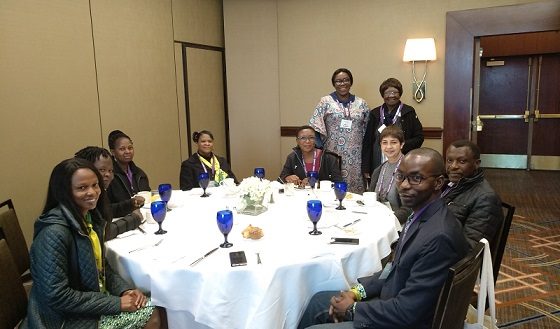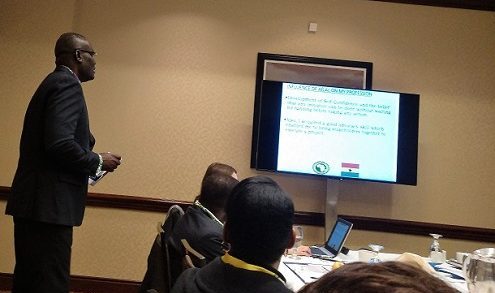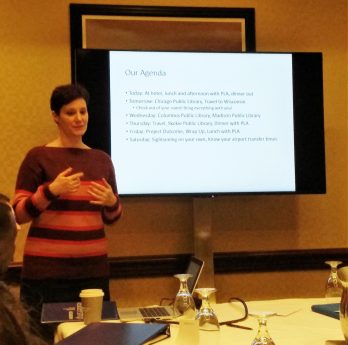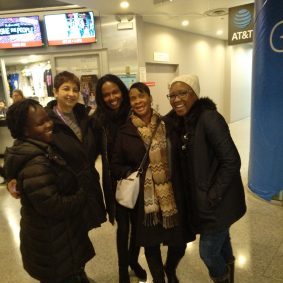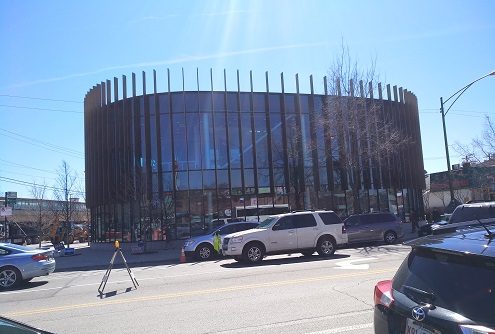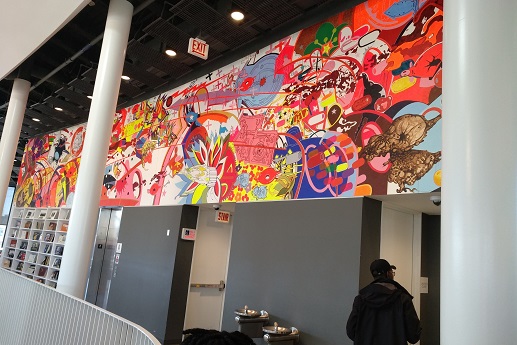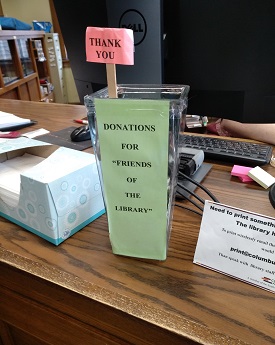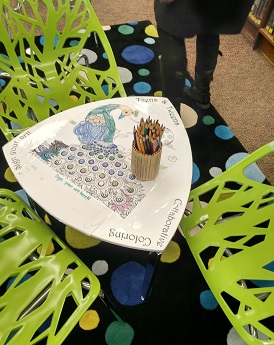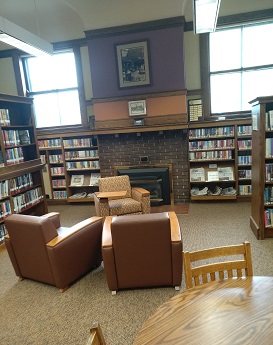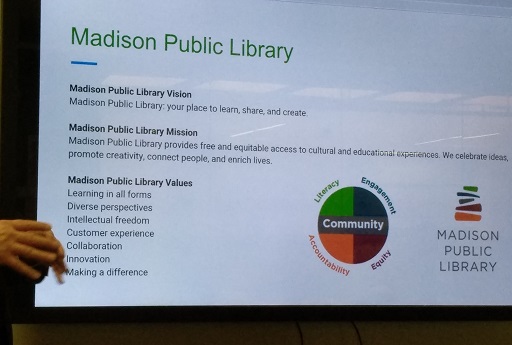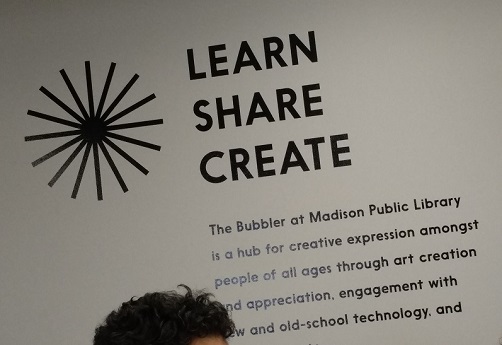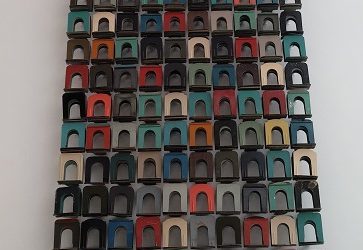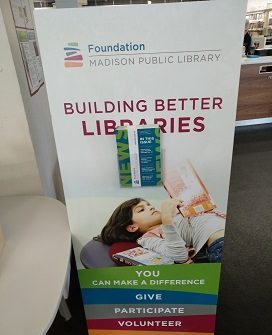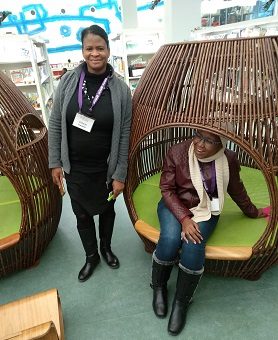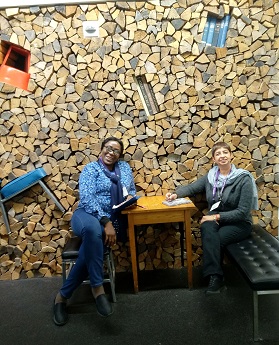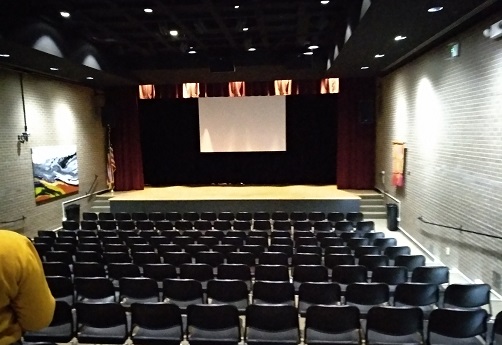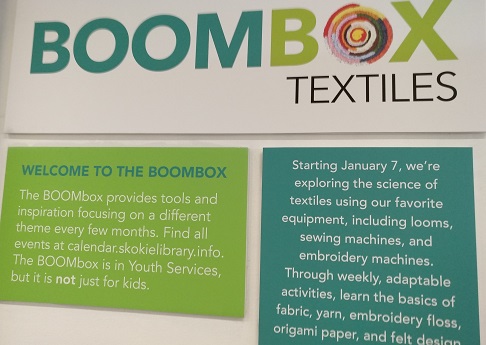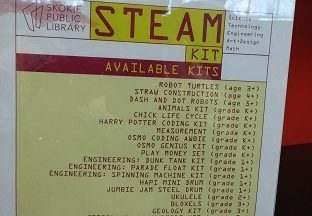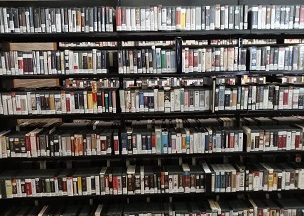AfLIA Leadership Academy (AfLAc) Cohort 1 embarks on a Professional Exchange Visit to Chicago
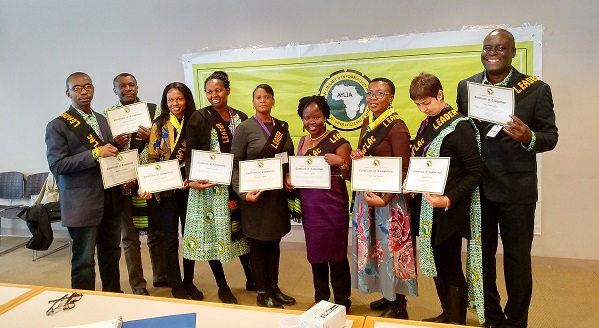
Cohort 1 AfLIA Leadership Academy (AfLAc) recently visited USA for an exchange professional visit in partnership with the Public Library Association (PLA) of ALA. Participants arrived Chicago on Sunday, 24th March 2019.
On the first day, Librarians gave updates of their projects and Emily Plagman, Manager of Data and Assessment, PLA gave an intriguing overview of the measurement of Impacts and Outcomes of projects. This was needful as the Leaders had developed new library programmes in response to community needs. How can these programs or projects be adjudged successful? Librarians need to learn how to go beyond mere success stories from library users to how to collect outcome data to clearly show the impact of what they have done. Outcome is what happens as a result of the activities, programs and services of the library. It is not the number of people who attended programs in the library or used the services rather it is how those people were affected by the services or programs. What changed in their lives because of the library services or activities. Knowing how to do this effectively will help librarians to answer the questions – ‘How are libraries transforming communities? What good does the library do in individual lives and communities?’ Outcome is not the number of desktops in the library. Basically, it is measuring how the presence of the desktops and their usage are changing lives. The change could be what people learn, change in behavior or change in situation. Understanding the impact of a library and its activities starts with knowing the different types of measurement and the answers they provide.
- Engaging (Being authentic, curious, emphatic as well as vulnerable in interactions)
- Convening (Initiating and joining dialogues, facilitating conversations in communities and mediating)
- Sharing (Being imaginative as we share library data and stories, thinking critically even as we share)
- Collaborations (tenacity, comfort with ambiguity, resilience)
- Advocating (political savvy, mission advocacy and speaking the truth to power)
- Three themes were identified as necessary for a public librarian’s work
– Helping individuals thrive
– Helping neighbourhoods thrive (growing relationships among people)
– Helping communities thrive (civic engagement)
AfLAc joined the PLA Leadership Academy for dinner at the Second City which hosts comedy sketch shows and improvisations. Through role playing and improvisation, the leaders learned that the dynamics of information provision include the body language and the actual words spoken in the process. The centre is a great place for exploring one’s creative potentials and honing already acquired skills. The possibility of creating such spaces in libraries for the bulging youth population in Africa was well noted.
Library Visits
The first library visited was Chicago Public Library, Chinatown branch which was remodeled in 2015 though it had been serving the neighbourhood since 1972. At the library it was found out that the Chicago Public Library system does not rely solely on government subventions. They have a Chicago Public Library Foundation which raises money from external sources and oversees the spending of such funds.
Columbus Library looks very welcoming. Columbus public library is deeply into community engagement. The community as they see it is made up of families, friends, neighbours, local organizations, faith groups, civic groups, local government, schools, business communities, local movers and shakers and others that are not yet identified. The library offers services to all these different groups in the community. It has TACOS (Teen Advisory of Students), a group dedicated to planning teen events and volunteering in the community. The library also has a vibrant Friends of the Library that raise funds to support the library and actively promote the library in the community. The Friends meet monthly and operates largely from a Library annex where they sell books, craft works and other articles for the benefit of the library. In partnership with the Columbus Area Senior Center and the Recreation and Parks municipal authority, the Library assists in producing the Columbus Commotion which is a publication of the City of Columbus.
The use of space is appealing and tells the history of the library. The Columbus public library took off in 1877 with the donation of books and two rooms. It later moved to another location. In 1910, the Columbus Women’s Civic Club who focused mainly on the educational advancement of the city, solicited and got funds ($10,000) from Andrew Carnegie to build a library. The wooden shelves in the library have lasted for more than 100yrs. Initially, libraries were community centres where people will gather to share news and be social. This changed in the 1950s when libraries became like warehouses for books. Presently, the focus has shifted back to communities again. The library also has a small corner for Teens, armchairs with shelves of romance novels near them for those that want to relax with the stories and soar away to fantasyland, spaces for the Tweens; that is the older children that are not yet teens who feel they are too ‘grown-up’ to be grouped with children and general space for adults and seniors.
Donors to the library are acknowledged through beautiful artistic plaques on the walls of the library. Book clubs are eulogized with their names inscribed on the furniture as one walks into the library. The artwork in the library is unique. Book ends were used to adorn a wall. The Library partners with different organizations in the city including Madison Metropolitan School District, YWCA, UW-Madison, United Way, Literacy Network and a host of others. A Madison Public Library Foundation raises funds for the Library outside of government allocations.

